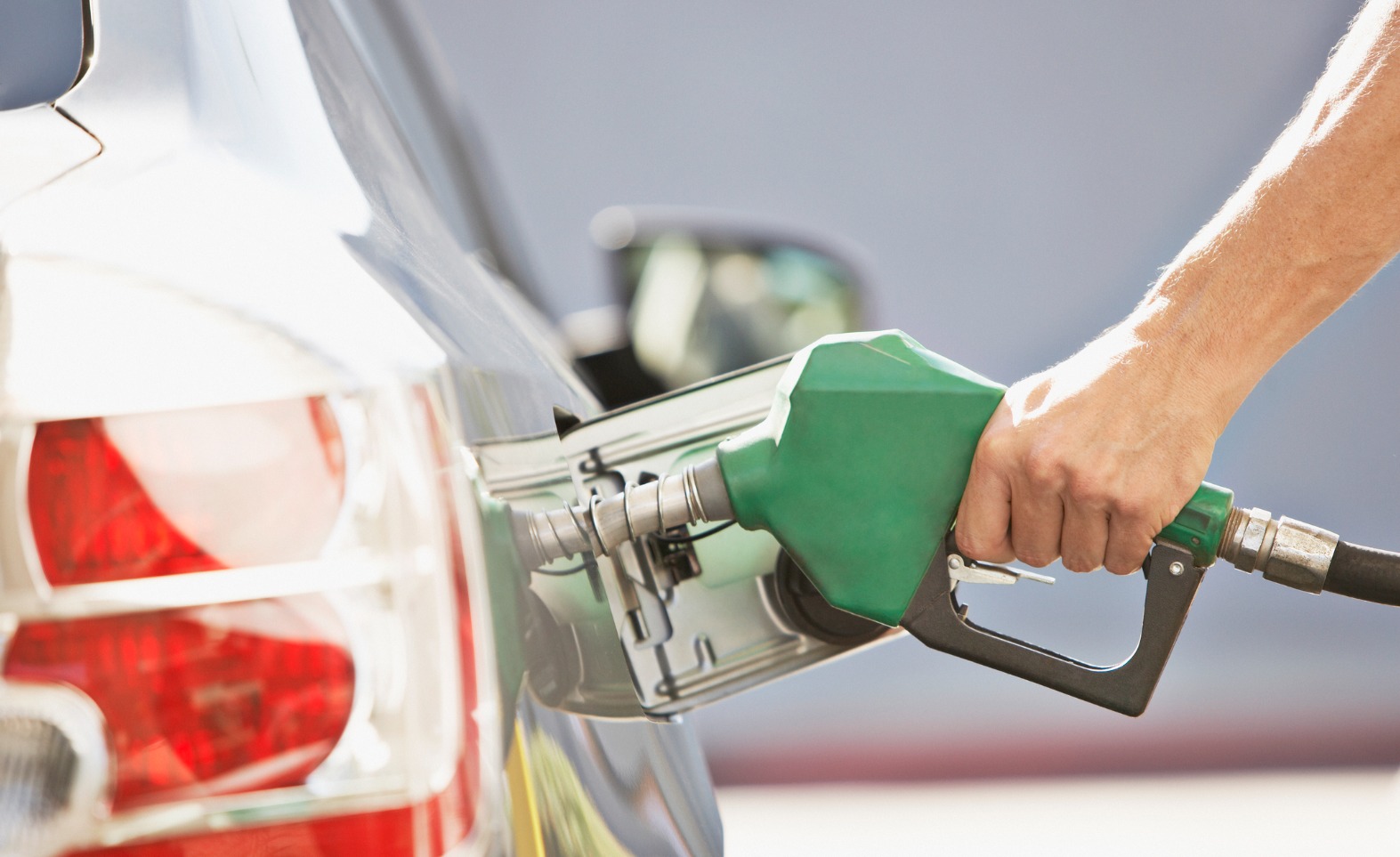
June 3, 2021
The Government has been keen to reduce India’s dependency on oil imports which currently account for a quarter of India’s overall import basket.
It is also seeking to promote the use of cleaner fuels to reduce levels of pollution in the country.
Compared with conventional fuels, ethanol is a particulate-free burning fuel source.
The move comes after the Government made changes to existing rules which would facilitate companies looking to set up standalone ethanol production units in the country.

In a move that seeks to further India’s efforts to help reduce India’s dependence on costly oil imports and aim for for a cleaner, greener environment, the Government plans to bring forward the target date for achieving 20 per cent ethanol-blending with petrol to April 2023, two years ahead of its earlier target date of 2025. A PTI report that appeared in the Economic Times quoted an official notification by the Oil Ministry in the Gazette to this effect. The notification read: “The Central Government hereby directs that the oil companies shall sell ethanol-blended petrol with a percentage of ethanol up to 20 per cent as per the Bureau of Indian Standards specifications, in the whole of the States and union territories.”. The notification will come into force with effect from 1 April 2023.
Just last year, the Government had set an initial target of reaching 10 per cent ethanol-blending in petrol by 2022 going up to 20 per cent by 2030. But earlier this year, the target for 20 per cent blending was brought forward to 2025. The move comes after the Government made changes to existing rules which would facilitate companies looking to set up standalone ethanol production units in the country.
The Government has been keen to reduce India’s dependency on oil imports which currently account for a quarter of India’s overall import basket and cost upwards of US$100 billion annually. Equally, it is also seeking to promote the use of cleaner fuels to reduce levels of pollution in the country. Compared with conventional fuels, ethanol is a particulate-free burning fuel source.
To achieve this target level of blending, the Government will need the support of the sugar industry since most of the additional ethanol will come from processing sugarcane. Last year, the Indian Sugar Mills Association (ISMA) had said that, with improved production of sugarcane, India’s ethanol production capacity could go up to over 3.75 to 4 billion litres.
With India a sugar-surplus country, the diversion of capacity to making ethanol is also a boost for sugar producers since it slashes the carrying costs for the mills while giving them better returns. The ethanol prices fixed by the Government are often more remunerative than those of sugar.